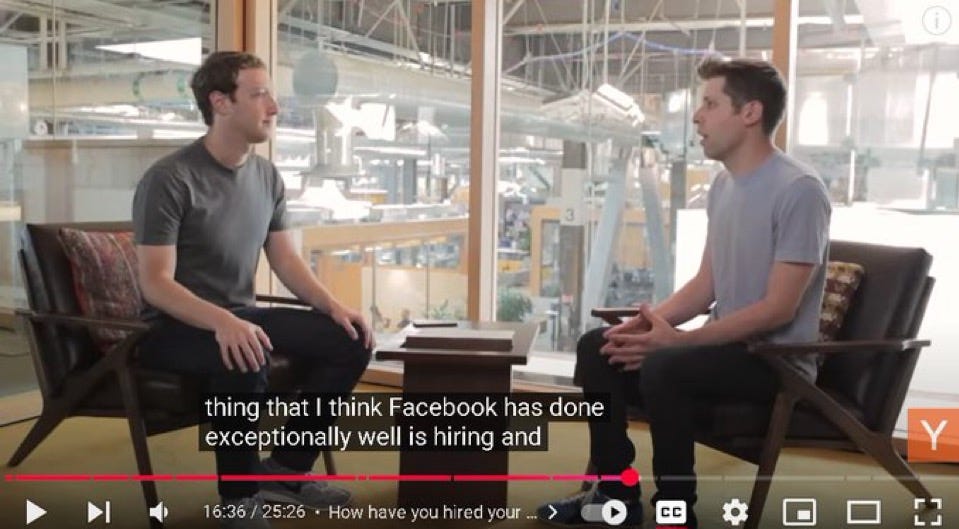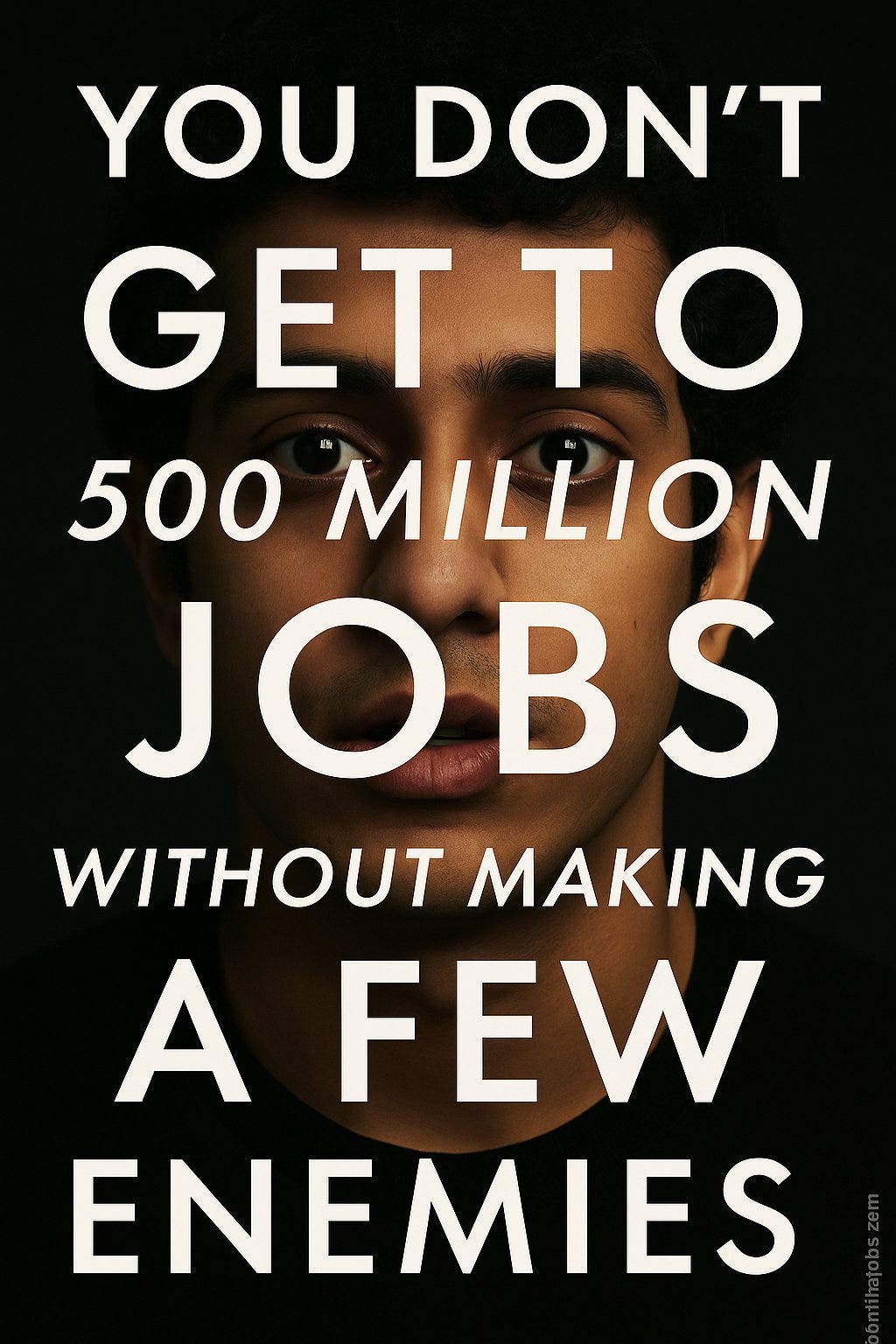Open banking, closed doors
The margins are thin, the moats are thinner
What a month June was! If you missed last week’s newsletter, catch up here. If this newsletter was forwarded to you, subscribe here:
TOGETHER WITH CREDIT DIRECT
Heard the latest Monetary Policy Outcome? The implications go beyond headlines.
Get the full context and what it means for investment timing, borrowing costs, and your next strategic move.
Open Banking, Closed Doors
Over the last four years, Mono, Okra, and OnePipe helped shape the promise of open finance. They scraped data, integrated with the banks and eventually exposed APIs that enable identity verification, direct debits, and transaction data for other fintechs. At one point, they were among the most hyped infrastructure startups in the country.
But in the last two years, there have been questions about whether the sector’s promise can deliver results.
Without knowing anyone’s numbers, there are other proxies for sector performance. When startups in a sector are pivoting, moving up the stack or shutting down, it suggests the numbers are not working. Can selling API access alone lead to the kind of big business that can generate 30x returns?
Mono, the most recognisable player in the space, is currently pushing Owo, a consumer product that lets users make payments via WhatsApp. It’s not Mono’s first detour from core infrastructure. In 2022, it added virtual accounts and cards, a higher-margin but riskier product line (see Union54).
Last month, the company’s cofounder shared that Mono now generates enough revenue to cover payroll for its 40-person team. It’s an interesting milestone.
Here’s a number to chew on: In February, a Nigerian bank earned ₦79,000 from a fintech that used one of its APIs to process ₦180 million in transactions. It’s nowhere near a comprehensive picture but it’s a peek into the sector’s revenue lines. The usage is there but the margins are tricky.
Okra, another recognisable name, shut down this week after five years of operation. Before closing its doors, it had killed three of its open finance products. It also made a last-ditch pivot into cloud infrastructure with a tool called Nebula. It was a sign of how tight things had gotten.
In a 2024 interview with Emeka Ajene, CEO Fara Ashiru Jituboh explained the decision clearly:
“We found this opportunity because we needed to. It was becoming increasingly harder to run a business that’s sustainable; you see your runway decreasing month over month because you’re spending more than you’re bringing in.
At a certain point, that was happening regardless of what we were doing or how well we were selling. We were having the same amount of API calls, but essentially your revenue is reducing.”
OnePipe, another early name in the category, has been quiet since a 2023 staff reduction. But even before that, it was already working on a digital banking concept. We’re seeing a pattern that suggests selling API access wasn’t going to produce venture-scale outcomes.
At first glance, the open banking opportunity looked straightforward: connect to banks, expose clean APIs, charge per call, and scale with usage.
But from the start, the model struggled under the weight of its own simplicity.
“It’s a small margin business,” a former exec at one API fintech told Notadeepdive. “You can’t charge a premium because everyone connects to the same banks.”
API pricing is commoditized and you can’t meaningfully mark up the service, especially when your competitors are reselling the same endpoints. There's no exclusivity and defensibility is tenuous.
Banks also aren’t eager partners to the APi fintechs because selling APIs is a minor revenue line and more of a PR play than a product strategy. Integration timelines can stretch for months. For the startups that do the hard work of connecting to the banks, they soon realise that the underlying data they have access to may be the real play.
“The play was never just to be the API,” the former exec added. “It was to sit on useful data and build smarter infrastructure on top.”
The data access layer might power everything, but the real money is in what you build above it.
And if you’re a fan of coincidences, here’s one: in the same week Mono’s CEO publicly reflected on whether he should’ve taken a job at a Silicon Valley startup, news broke that Okra’s CEO had taken one.
Meanwhile, in the land of $100m job offers…
On Incentives, and the Humans Behind the Work and Stories We Read
-Written by Nnanna (Subscribe to his Substack here!)
It’s been one of those rare weeks when the global tech and Nigerian startup scenes overlapped almost too perfectly.
On the global stage, Meta’s transfer window opened with a bang. In one swoop, Zuck hired the former CEOs of GitHub, Scale AI, and Safe Superintelligence to lead his AI team, plus a dozen engineers from OpenAI, Google, and Anthropic. Compensation? Up to $300 million over four years, if the rumours are to be believed.
Meta, Real Madrid or Man City?
It prompted Sam Altman to share an essay about how mission-focused companies and individuals would win over mercenaries.
Famous Last words, Sam?
Here's the thing, though: Mr. Altman is a billionaire founder in his own right. I'm not sure it's his place to tell the creators of GPT4o— immigrants making $300-700K a year—to turn down $100 million offers.
The last two newsletters highlighted the successful exits and resignations of the founders of Bankly and Mira, plus the fundraising activities of PaidHR and Zuvy. This week, Techpoint and Condia announced that the (now) former CEO of Okra left the company to join a UK-based startup as head of engineering, following the shutdown of the open banking and local cloud provider company. (Welcome to the arena, by the way, MTN.)
Hopefully, we'll get a proper post-mortem about this company and more accurate reporting of the amounts raised. Until then, our thoughts are with the humans who will primarily bear the brunt of this shutdown.
So here we are. A week where someone retires from a unicorn after a decade, CEOs get poached for $100 million, unholy coalitions form, and companies shut down. Through it all, one thing remains true: We need to be careful about picking life lessons from the successes (and failures) of outliers.
Something to ponder: If CEOs can simultaneously run and shut down 9 companies publicly, and companies can raise funds to help you cheat on exams, interviews, your job, and life in general, why is everyone drawing the line at a remote worker simultaneously working for 17+ YC companies? What is it about YC that made their companies a good mark for this?
The lesson this week? Everyone's playing the game of optimising their economic outcomes, regardless of whatever story they're telling in public.
Here’s to more outliers.
That’s it for Friday. See you on Sunday when we discuss MTN’s data centre business.
I learn a lot about the newsletter when you leave a comment or email me your thoughts. Don’t forget to like and share, that’s how more people find Notadeepdive!








